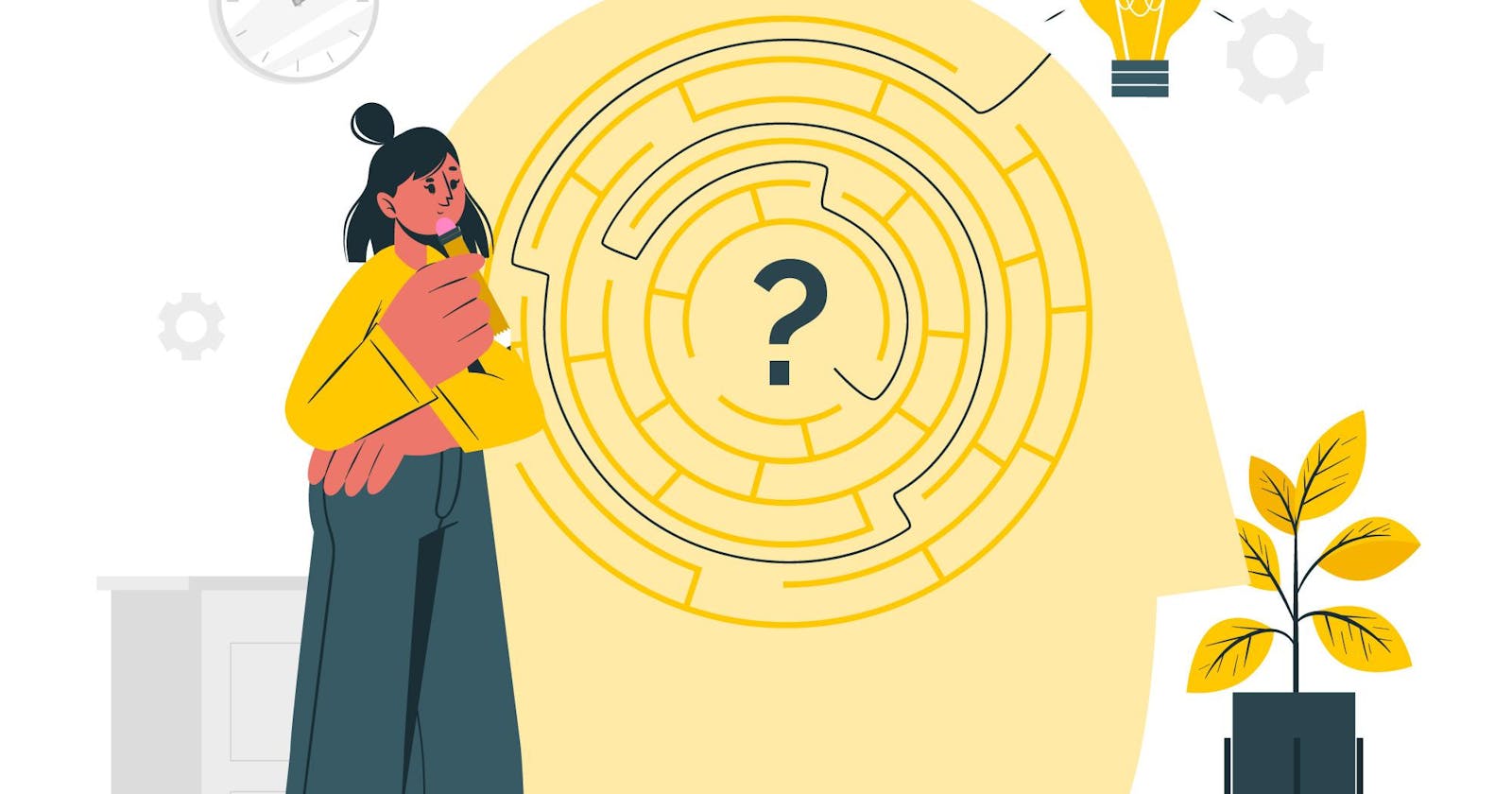You only have one. Throw yourself at the problem. Not the other way around.
Problems pervade us. But not everyone is meant, much less equipped, to face it head on.
You are.
I must remind you though, you are not here to blame anybody. We all serve a purpose. Yours is to be the first to step up when it gets tough. When the challenge unfolds, you speak up and say 'Let me have a look'. That's how your day starts and ends.
You chose a role not many aspire. Who wants to be bombarded with difficulties all the time. For you it's a routine. You live to tackle the unwanted. Most people only want to report problems, expecting someone else to solve it. You are that someone. You're someone else's go-to for hope.
Isn't that a joy? To know that you have the ability to improve another's life? It's not just about drawing workflows or selecting platforms, nor about being an expert in technology and complex computations. These are merely your tools.
Your true strength lies in your unquenchable desire to eliminate an obstacle. You get down on your knees, roll up your sleeves, and dig in to find the root source of trouble. You're a trouble finder. And most important, a fixer.
How to become better at your job? I only have one advice. Let the problem end at your desk.
Don't throw it back to the source. Don't let it trickle down the ladder. Problems conjure the most unpleasant emotion among us. Guilt, frustration, fear, hopelessness.
I know sometimes you get overwhelmed. You often feel these emotions after all. But don't pass it on. Avoid pointing your finger at the insinuator, even if it relieves you from guilt. It's unlikely that this person did it with intention. We're all just trying to do the right thing. If you must, name the action that caused the issue, not the one who did it. Focus on the execution and evangelize the lessons learned. Growth is always more profitable than accountability.
On days when you can't seem to arrive at a solution, don't bring your frustration at home. And don't let anyone else do so either. You must, at all cost, contain the problem. Otherwise, it has a way of multiplying, of slipping into your actions and your words. If you let it consume you, you might hurt those who has nothing to do with it.
I repeat. Let the problem end at your desk. That's a mission.
So you ask, where does one find the solution? Probably at the same place where the problem occurred. So I advice you to sit at the crime scene. Do talk to the people who experience the pain. Read their sentiments and offer help. Be a first-line support. And I don't mean that lightly. I want you to carve out time to talk directly to those who are most affected. Even the simplest question contains a valuable lesson. If they say it's not working, don't take it againts them, or worse on yourself. It demands a little bravery and a bit of stamina to come face to face with the real thing.
Breath. Keep your cool. If you stick around within the problem space, your mind will soon have all it needs to design the solution. Don't rush. It will unravel inside your head, because you are creative and open. Because the problem itself contains the clues, and the people who experience it has given you the answers. All you have to do is to put it all together. Gather the tools and stack the technology. Sketch a system on the board. Keep it simple. Then finally, call your best problem-solvers and get to work.

